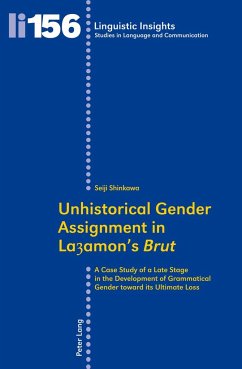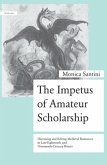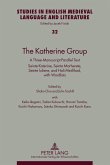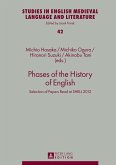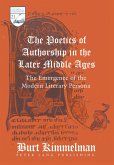This book explains how and why grammatical gender disappeared from English through a detailed analysis of unhistorical gender assignment within the noun phrase in Layamon's Brut, one of the most important Early Middle English texts. Such deviations do occur capriciously but not randomly, suggesting a development of innovative functions of the attributive forms concerned.
These innovations are mainly of two types: gender-insensitive uses as a case marker and a shift from a bipartite to tripartite system of defining words, the, that, and this. The author discusses these innovations, focusing on their implications for the subsequent development and eventual loss of grammatical gender.
These innovations are mainly of two types: gender-insensitive uses as a case marker and a shift from a bipartite to tripartite system of defining words, the, that, and this. The author discusses these innovations, focusing on their implications for the subsequent development and eventual loss of grammatical gender.

